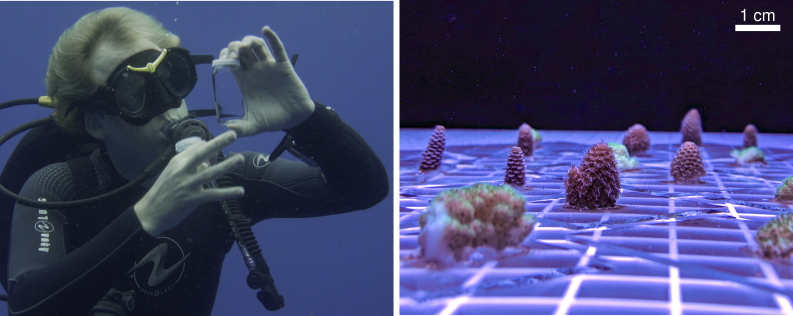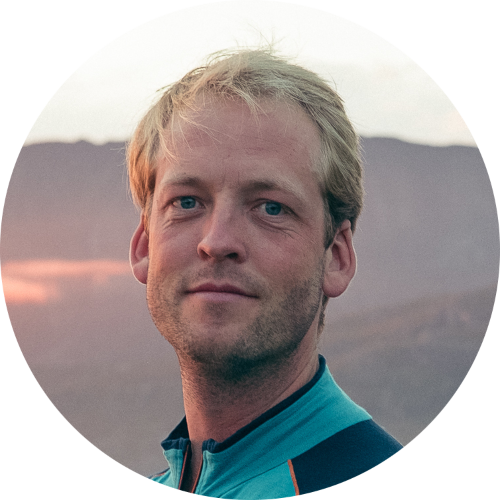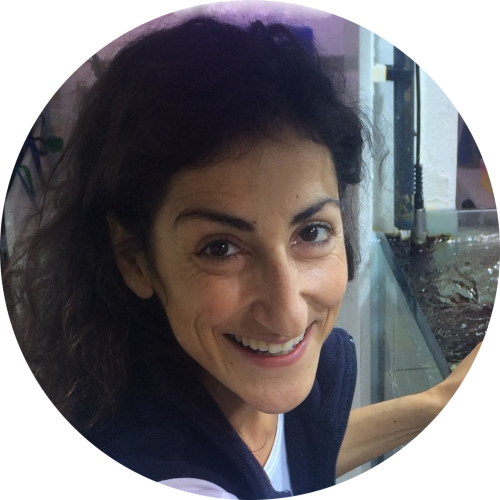PhD Student Wanted!
Outside the comfort zone: physiological responses of marine calcifiers to extreme environmental conditions.
How does the physiology of marine calcifying organisms (corals, foraminifera and coccolithophores) change when exposed to extreme conditions in past, present and future oceans? What can these responses tell us about the mechanisms involved in producing their biomineral shells?
Applications:
Applications for this position are now closed. Please see our jobs page for other opportunities.
Project Context
This PhD studentship is part of a large, cross-disciplinary project “Building Shells: Towards a Mechanistic Understanding of Biomineralisation” funded by the Leverhulme Trust. This project will involve three postdoctoral researchers and three PhD students over the next five years, bringing together physiological, geochemical and computational approaches to advance our understanding of biomineralisation mechanisms.
Scientific Background
Calcium carbonate shells formed by marine organisms play critical roles in Earth’s past, present and future climate. Shells in the modern ocean are key determinants of how much carbon the ocean absorbs, and therefore the trajectory of atmospheric CO2 in the coming decades. Shells in ancient oceans record environmental conditions in their trace chemical and isotopic composition, providing invaluable ‘proxy’ archives that underpin our understanding of how climate responds to major perturbations. The state-of-the-art in both predicting future calcification and inferring past climate conditions relies upon empirical relationships being extrapolated beyond the conditions that they were established in. This approach receives substantial attention and investment, but is limited by a key knowledge gap: we do not know how these ‘biominerals’ form. Specifically, we lack a mechanistic understanding of biomineralisation that can quantitatively predict their formation rates and composition in known environmental conditions. Without this, we cannot assess the validity of our empirical extrapolations, or even determine the sources or magnitude of the uncertainties inherent in them. This places fundamental limits on our ability to predict the response of biominerals to future climate change, and infer past climatic conditions from their fossil composition.
A complete understanding of biomineralisation mechanisms has remained elusive for two key reasons. First, decades of focused research has been restricted to disciplinary silos. Biologists have focussed on the physiology and architecture of biomineralisation, mineralogists have advanced our understanding of precipitation processes, and geochemists have established empirical links between the environment and biomineral composition. Second, biomineralisation involves the confluence of these processes at the nanometre to sub-nanometre scale in delicate, transitory environments that remain beyond the limits of our observational techniques. This project proposes to surpass these disciplinary and technical boundaries by combining measurements of biomineral geochemistry, organism physiology and gene expression with Bayesian statistical techniques to derive a quantitative understanding of the underlying mechanisms of biomineralisation.
This PhD project will focus primarily on the physiological and gene expression side of the project, although there will be ample opportunity to become involved in the other parallel and complementary aspects of the project.
Specific Project Description
This PhD student will work closely alongside a postdoctoral researcher to grow corals, foraminifera and coccolithophores under conditions designed to examine the pathways of ion transport and the processes of crystal growth in biomineralisation, and measure the physiological response of these organisms to those conditions.

Organisms will be grown in both laboratory (Cambridge) and field settings (Green Island, Taiwan), under variable temperature, pH, carbon concentration and Ca concentration. The experiments will be designed to push organisms outside conditions commonly found in the natural ocean, which have the potential to reveal the operation of fundamental biomineralisation mechanisms.
The student will assess the impact of these conditions on the organisms by measuring rates of respiration, photosynthesis and calcification (micro-respiration chambers; pH and O2 micro-profiling), changes in internal fluid composition (confocal microscopy), and gene expression (transcriptomics).
Training Provided
- Culturing methods for marine organisms:
- laboratory and aquarium control systems.
- water chemistry measurements - major and minor elements, pH, carbon chemistry.
- SCUBA diving for collecting organisms for field culturing.
- Physiological measurement methods
- Direct rate measurements:
- Micro-respiration chambers.
- Confocal microscopy with dyes.
- Micro-electrode and micro-optode pH and O2 profiling.
- RNA sampling and sequencing and transcriptomic analyses.
- Direct rate measurements:
- Data analysis and interpretation.
- Scientific presentation and writing.






